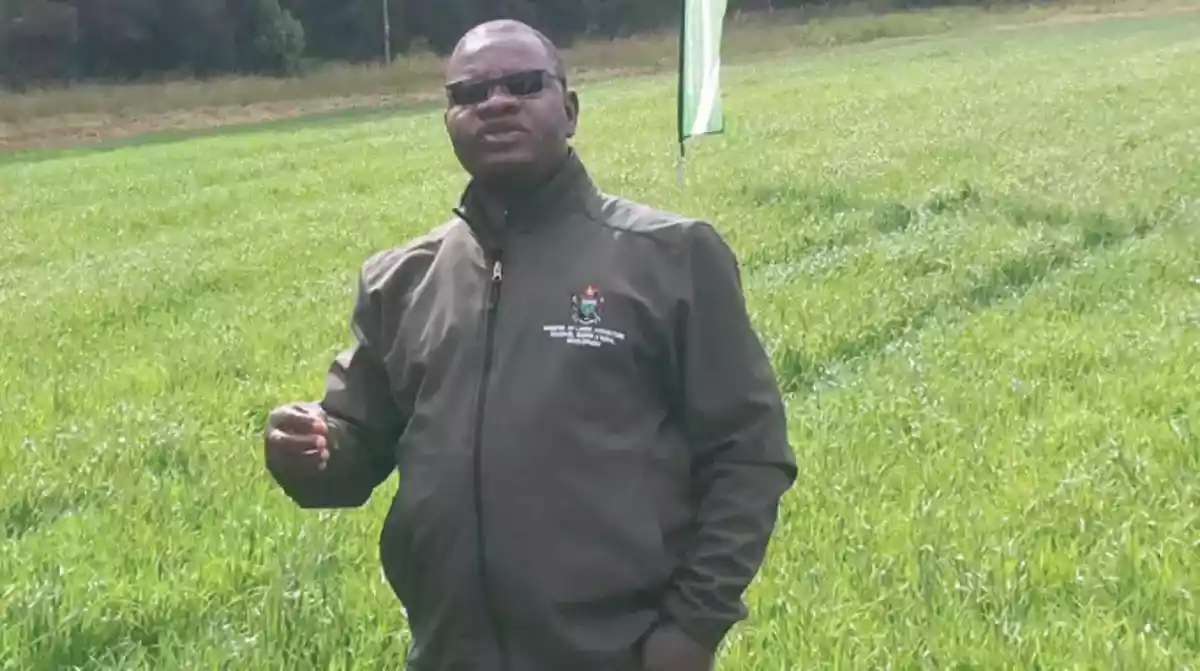
The evolution of sustainability started with a book documenting the environmental harm that is caused by using pesticides. The book, written in 1962 Silent Spring, caused public uproar and changed the policy on the use of pesticides in the US resulting in a nationwide ban on DDT (Dichlorodiphenyltrichloroethane) for agricultural use.
The main concern on use of DDT was it causing cancer, as well as being a threat to birds. The reversal of policy on pesticides in the US is evidence that communities at large and not just sustainability action groups like GreenPeace and Friends of the Earth care about the environmental, social and governance practices of organisations. Furthermore, it proves that the actions of businesses in their inputs, processes and outputs have an impact on people, animals and nature in the long run.
Gen Z and millennials who are now the main consumers of goods and expected working class in the foreseeable future are said to base their spending decisions on companies’ ESG habits. A survey by asset management firm Amundi together with the Business Times found that 82% of Gen Z and close to two-thirds of young millennial investors have ESG investments — the highest across all age groups.
The United Nations (through Pew Research Centre) provides an interesting analysis of the proportion of world population by age group. In 2020, about 30% of the population was between 20 and 39, while 33% was under 20. The likely biggest consumers for products will be the Gen Z and millennials. Given their bias towards businesses conscious of ESGs, business should be moving towards sustainability to ensure continuity into the future.
Nike has over the years stopped being a reference when it comes to discussing the use of sweatshops — factories where workers are forced to work long hours at very low wages under poor working conditions. This was being done to manage production costs by big corporates.
On the publishing of Nike’s involvement in the use of sweatshops public response affected business as follows:
Negative publicity — mass protests at the Barcelona Olympics in 1992.
Nike share price declined by 15% in 1999.
- COP26 a washout? Don’t lose hope – here’s why
- Under fire Mnangagwa resorts to Mugabe tactics
- How will energy crunch transition impact transition to renewables?
- New drama, Soulmate nears completion
Keep Reading
Sales of Nike products fell, and a rival shoemaker Reebok saw a share price rise from US$8 to US$30.
A robust response by Nike centering around employee work conditions resulted in the survival of the company after this social scandal. The social impact an organisation makes has a bearing on its ability to operate in the foreseeable future.
What is sustainability reporting?
Sustainability reporting is an aspect of non-financial reporting on issues on environmental, social and ethical factors affecting the company. Sustainability reporting allows companies to be transparent on how they are positively and negatively impacting the environment and communities, as well as the company’s sustainability goals and targets.
A key saying in business management is “If you don’t measure it, you can’t manage it.” This explains the push towards reporting on sustainability by professional accountancy organisations. The world is realising that the benefit of sustainability far outweighs its cost.
What is the cost of sustainability?
Robert Mendelsohn a professor at Yale School of Environment in an interview on whether businesses can afford sustainability described how balancing the abatement costs against the damages is a critical way that economists would look at sustainability in trying to minimize the total cost to society.
An abatement cost is defined as the expenditure associated with the voluntary or compulsory removal of an undesirable result of a production process. For example, a company might have to use more expensive raw materials to reduce the amount of mercury released into the local environment, or recycling waste material to reduce the waste being discharged to landfills. The additional cost would be the abatement cost.
The idea of balancing abatement costs against damages centres on trying to quantify the damages that are associated with things like pollution versus the benefits or savings that come through from protecting the environment, so that businesses can weigh the benefits against the costs.
This allows organisations and businesses to identify the relationship between emissions and their absolute consequences to society. An expectation is growing in the private sector world over that there will be a price on carbon soon and some companies have started to implement shadow carbon accounting.
Carbon accounting is based on questioning businesses how they would price their products if they paid for their pollution.
This centres around identifying the relationship between the cost of greenhouse emissions and tsunamis ravaging coastlines, drought affecting agricultural harvests and seasons, etc.
Greenhouse gas accounting or carbon accounting is a framework of methods to measure and track how much greenhouse gases (GHG) an organization emits or takes actions to reduce. Parts of the world have no system for pricing the damage caused by carbon emissions. Developed countries are in the lead in estimating the cost of carbon emissions although the prices vary significantly for example Sweden quotes $123 per tonne, whereas in Germany it is $25.76 per tonne.
Mhindu is a chartered accountant with a passion for teaching and has vast experience in the field. She enjoys learning new things, technology and experiencing new adventures in the outdoors with mother nature. — LinkedIn: https://www.linkedin.com/in/hope-mhindu-ca-z-55a370a0/
The status and future of sustainability reporting,
Companies of all sizes and sectors are encouraged to produce sustainability reports to become aware of their own impact and let investors and other stakeholders make the decisions that would benefit, not harm future generations. Sustainability reporting is usually optional, however, in some instances it is mandatory. Mandatory sustainability reporting mostly applies to state-owned companies, large corporations, or listed companies in some countries. Also, it targets various, yet not all aspects of sustainability. Some instruments also have a “comply or explain” approach to sustainability reporting.
A transition to structured, internationally standardized sustainability reporting is required by CFOs, ESG leaders, and sustainability teams to enable them to gain an understanding of the carbon accounting process an organization needs to follow alongside their financial reporting to regulators and investors.
Leaders and reporting companies are now being asked to comply with an increasing number of mandatory sustainability reporting obligations, IFRS Sustainability Disclosure Standards will enable companies to provide material sustainability-related information about their business that is clear, relevant, and comparable.
In line with its statutory mandate to prescribe auditing standards, accounting standards and accounting reporting standards for us in Zimbabwe including the application of internationally recognised auditing, accounting and reporting standards, the Public Accountants and Auditors Board (PAAB) has made a resolution for the early adoption of the standards to be issued by the IFRS Foundation’s International Sustainability Standards Board (ISSB).
The IFRS Sustainability Disclosure Standards use the word 'standards' in plural because their intent is to create and represent multiple sets of standards. IFRS Sustainability Disclosure Standards were released on March 31, 2022 and are currently in proposal form and accepting comments until July 29th, 2022. The ISSB will then review comments and signalled that the board aimed to complete and issue full initial guidance by the end of 2022.
Preparation for sustainability reporting
With expected early adoption in Zimbabwe, it is best for entities to start or continue navigating the sustainability reporting space. It is important not to wait for the standards but rather start educating business leaders and reporting experts on how to implement sustainability reporting that is meaningful to stakeholders or users of financial statements. In my next article I will provide an overview of the IFRS Sustainability Disclosure Standards as well as an overview of the other sustainability reporting frameworks.
- Hope Mhindu is a Chartered Accountant (Zimbabwe) and is an A/Technical Manager at the Institute of Chartered Accountants of Zimbabwe (ICAZ), which is the largest and longest standing PAO in Zimbabwe, having been established on 11 January 1918, and is a body corporate incorporated under the Chartered Accountants Act [Chapter 27:02]. ICAZ provides leadership on the development, promotion, and improvement of the accountancy profession focusing in the areas of accounting education, assurance, good governance practices and leadership and organizational excellence. Hope can be contacted on [email protected] or https://www.linkedin.com/in/hope-mhindu-ca-z-55a370a0/.







